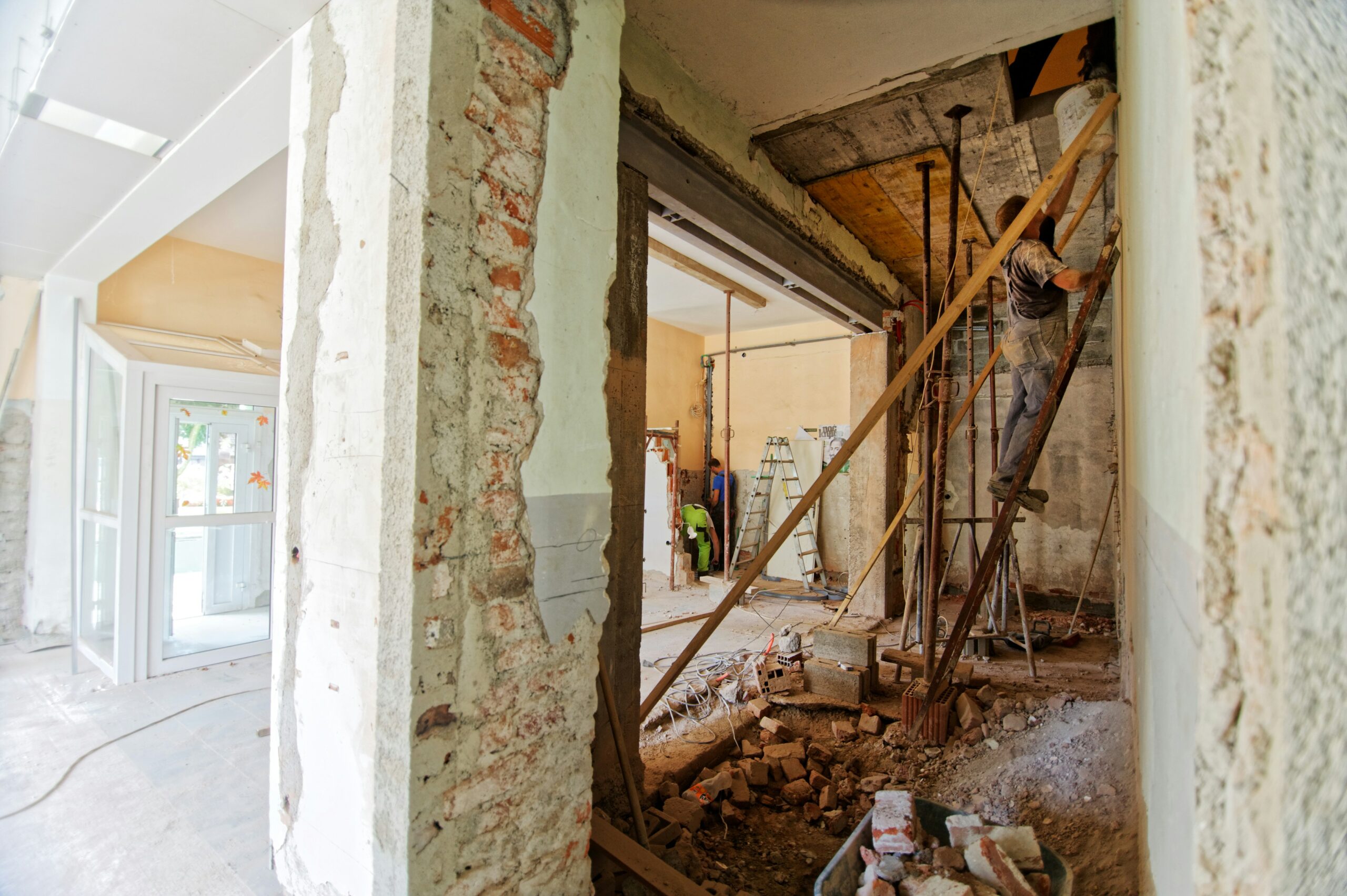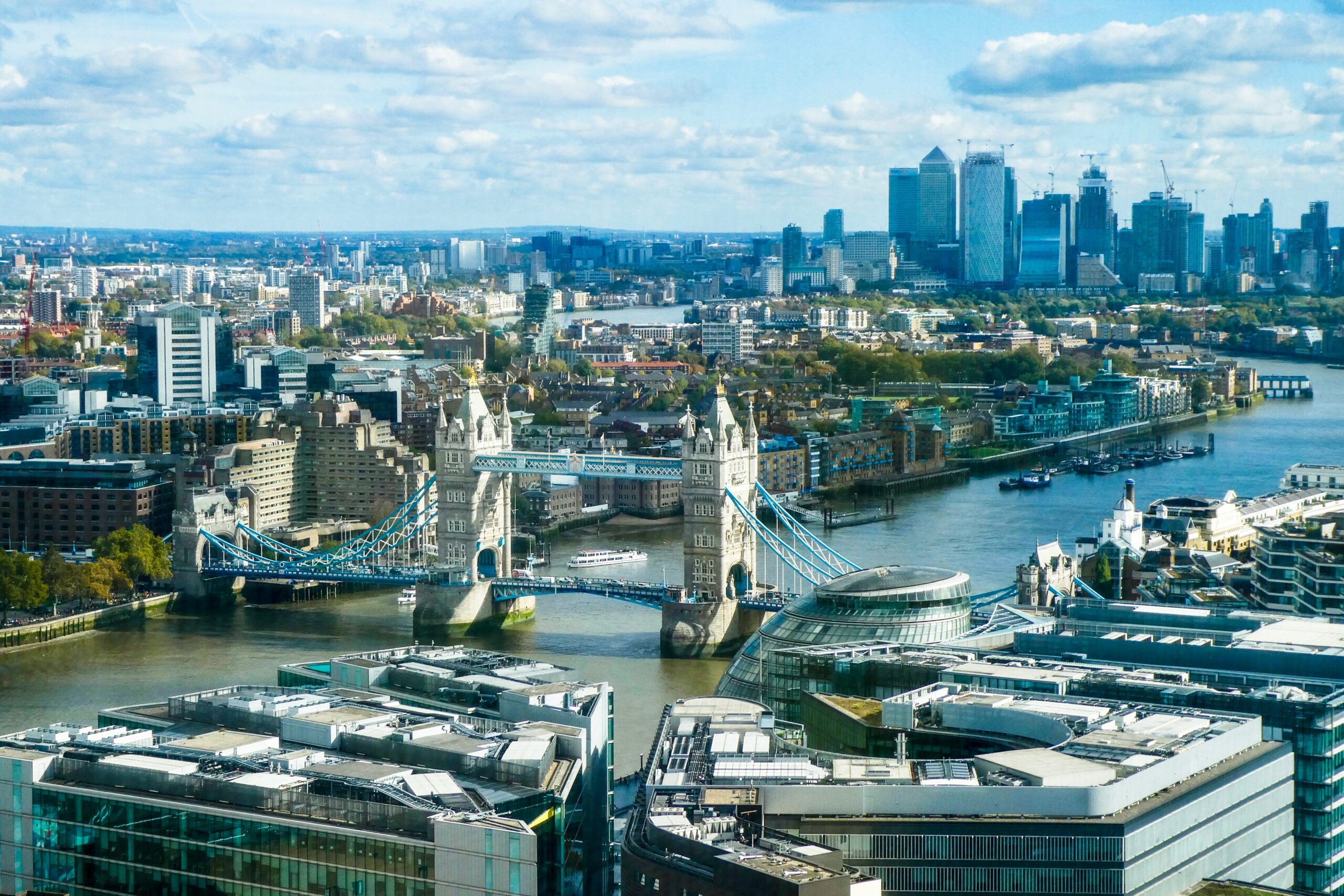Landlord’s apartment maintenance duties
Landlords renting apartments in France are responsible for various maintenance tasks related to rental homes. Essentially, the tenant covers the cost of routine maintenance. For example, s/he pays to fix a leaky faucet but not to replace it. Or they pay only to use the elevator but not to replace it. The French Civil Code and other relevant laws specify these obligations.
A few of the landlords’ principal maintenance duties consist of:
1. Structural Maintenance
Landlords are usually in charge of keeping the property’s walls, roof, and foundation structurally sound. Certainly, ensuring the property is secure and livable for tenants is part of this.
2. Repairs
The landlord is responsible for maintaining the property’s condition by making any necessary repairs. This entails fixing any flaws that compromise the safety or habitability of the property. Both landlords and tenants are in charge of some repairs, even though landlords ultimately ensure the rental property is habitable.
For example, the landlord must perform any maintenance to keep the rental unit habitable. The landlord also bears legal responsibility for fixing any flaws. The landlord will be liable for any harm arising from flaws they neglected to fix or fixed inadequately. However, the landlord is not responsible for damages caused by the tenant, their family, guests, or pets.
3. Plumbing and Electrical Systems
The landlord is responsible for ensuring the rental property’s electrical and plumbing systems are in excellent operating condition. This includes repairing any problems with the wiring, outlets, pipes, or faucets.
4. Heating
Landlords are responsible for ensuring the rental property’s heating system operates well, especially in the winter. They are also responsible for maintaining and fixing the heating system as needed.
5. Safety
Landlords are responsible for ensuring that rental properties adhere to safety regulations. This includes installing smoke and carbon monoxide detectors when required by law.
6. Common Areas
Landlords are usually in charge of keeping communal spaces like stairways and corridors, a component of a building where the rental property is located, safe and tidy.
7. Appliances
Landlords are often in charge of keeping appliances like stoves, refrigerators, and washing machines in excellent operating order if the rental property includes them.
8. Compliance with Regulations
Landlords must follow all relevant laws and regulations regarding rental properties, such as tenant protection legislation, building codes, and health and safety requirements.
9. Due Diligence and Due Care
Before a tenant moves in, a landlord must inspect and address any potential risks or flaws in the rented property. The landlord may be liable for the tenant’s diseases or injuries if flaws or hazards are discovered on the property.
In other words, the landlord needs to exercise “due diligence.” It is his or her duty to investigate and find any problematic situations. Additionally, a landlord needs to exercise “due care.” He or she must act on any flaws, problems, or other discoveries made during the due diligence. In addition to breaking safety regulations, the landlord may also be held accountable for any risks on the rented property. However, landlords are not responsible for any dangers that the landlord has no control over preventing.
For example, the tenant is responsible for more minor repairs like replacing washers or other small parts that are part of routine maintenance, while the landlord is in charge of more extensive repairs like replacing entire appliances.
Repairs that are not considered general maintenance but that can be considered to be due to vétusté of the equipment – meaning it is old and worn-out – are also generally the landlord’s responsibility (however, this may not apply if an item is found to have broken because of improper use by the tenant).
As this area can be complex, one way to check on such matters is to ask your local ADIL, part of a network of bodies that offers free accommodation advice.
Examples of repairs that are the landlord’s responsibility:
-
- Urgent repairs;
-
- Boiler failure (the annual maintenance is the tenant’s responsibility);
-
- Broken shutters repair;
-
- Faulty pipework repair;
-
- Retaining a beam that threatens to break;
-
- Building façade restoration;
-
- Stairwell repair;
-
- Common areas improvements or repairs;
-
-
Necessary repairs to keep the property in good condition and of decency.
-
In a force majeure event (such as a storm) or natural wear and tear, the landlord will be responsible for some repairs that are typically the tenant’s duty.
Smart Management and Solid Insurance
Managing a property requires time, and that time equals money.
If you are a full-time worker and cannot provide your property with the care it requires, the success of your real estate investment may depend on selecting a competent property manager.
Hiring an outside manager can be the best option if you feel that the daily responsibilities of property management are taking up time that you could be using to further your career or explore other investments. The landlord’s manager handles tasks related to managing the property, such as collecting rent, overseeing maintenance and repairs, and addressing tenant concerns.
To protect your property and financial investment, here’s a quick heads-up on the different types of landlord insurance available in France, including home insurance, civil liability insurance, and multi-risk home insurance.
Tenants’ apartment maintenance duties
Tenants are responsible for all routine maintenance, minor repairs, and any more extensive repairs arising from the tenant’s misuse.
Obtaining the landlord’s written consent is crucial before modifying the property or equipment. If changes are made without the landlord’s approval, the tenant will not be entitled to compensation. So, it’s always better to have authorization to avoid any potential disputes.
At the end of their leasing agreement, tenants are liable for basic repairs like filling in drill holes and repainting walls to their original color. Still, they cannot make significant structural changes (like demolishing a wall).
Additionally, the landlord may ask that you return the property to its original state if the alterations harm its security or usefulness.
Examples of repairs that are the tenant’s responsibility:
-
- Maintenance of interior areas;
-
- Keep the apartment clean;
-
- Touch-up of paintwork and wallpaper;
-
- Wardrobe and lock repairs;
-
- Unblocking of water pipes, replacement of seals and collars;
-
- Emptying septic tanks;
-
- Minor repairs to fittings and replacement of gas pipeline accessories;
-
- Cleaning of lime deposits;
-
- Replacement of shower hoses;
-
- Replacement of switches, sockets, circuit breakers, fuses, bulbs;
-
- Sweeping of smoke, gas, and ventilation ducts routine;
-
- Boiler maintenance (should be done once a year plus when needed);
-
-
Maintenance of the appliances mentioned in the lease: washing machine, fridge, dryer, extractor hood…
-
Alternatively, the French government has provided a detailed list of the tenant’s repair obligations.
If the tenant makes changes to the apartment or its fixtures without getting written permission from the landlord the landlord can, when the lease ends:
1. Keep the modifications without reimbursing the tenant for their expenses;
2. Ask the tenant to restore the unit to its pre-construction condition at their cost;
3. If the changes put equipment functionality or premises security at risk, the landlord can request restoration at the tenant’s expense.
Mind you, without tenant insurance, you won’t be covered for any damages you cause to the apartment or personal incidents. According to French law, you must take out risques locatif insurance. It covers the tenant for any damage to the apartment. That said, all insurance must include responsibilité civile, also known as third-party liability insurance, which covers you if someone else damages your property.
You can count on Wunderflats to keep both landlords and tenants happy. We make sure everyone’s needs are met, so you can focus on what matters most.









